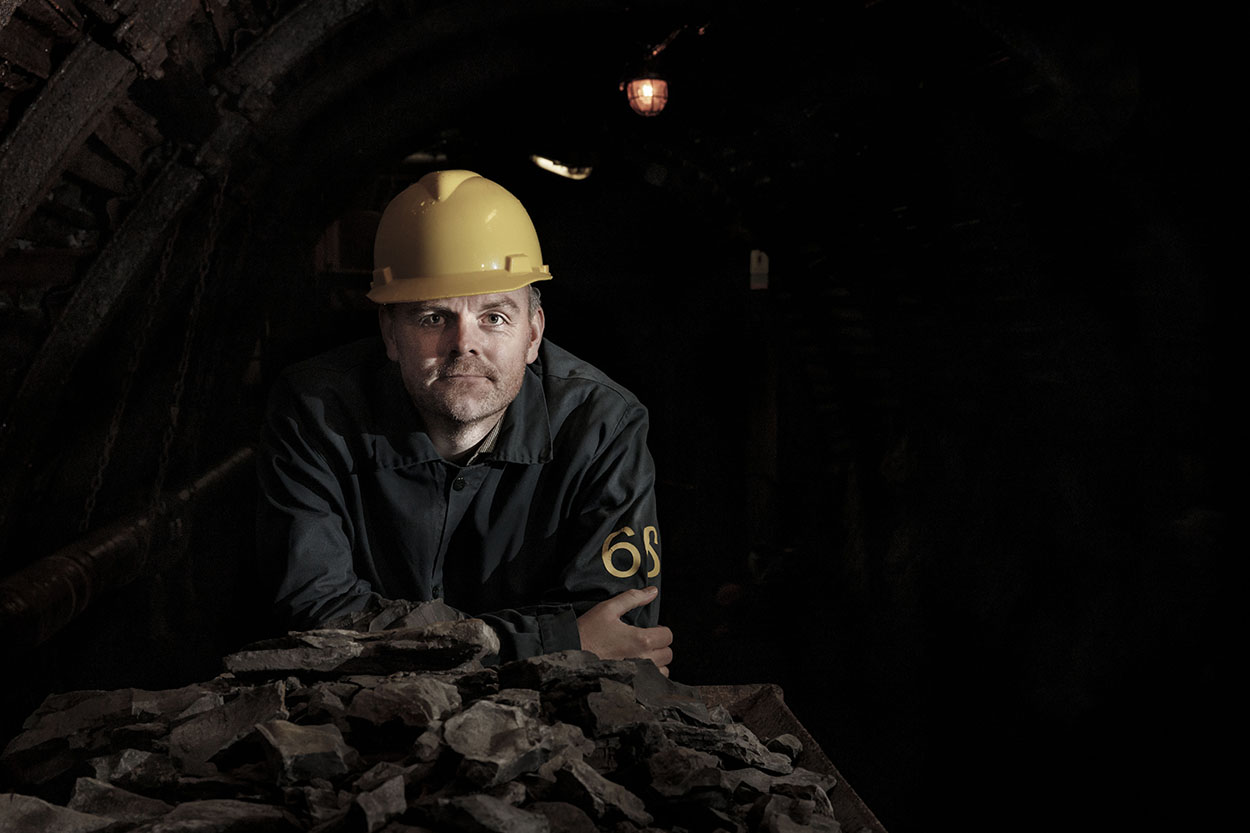Blue sky thinking – the hidden threat of fine particulate pollution
For three years in a row, Steffen Künn and colleagues went to a seven-week-long chess tournament in Cologne to establish a link between levels of air pollution and cognitive performance. The somewhat alarming results were eagerly scooped up by the media, but it took even more data to convince the academic community that air pollution might affect our economy.
If live chess alone doesn’t do it for you, you can always increase the thrill by setting up air pollution sensors. That is how Steffen Künn and his collaborators have established a link between fine particulate pollution and chess players’ error rates. The resulting discussion paper attracted international media attention some three years ago.
Yet, it took a lot of time and effort to get into a top academic journal. “It’s a long and bumpy road towards publication in our field,” says Künn. “The published version is a major revision of the original discussion paper. Our case is much stronger now with much more data – but the finding that fine particular pollution affects our decision-making remains the same.”
“There’s a lot of literature on air pollution and its detrimental health effects already.” Fine particulate pollution (PM2.5) means the concentration of particles with a diameter of less than 2.5µm (a human hair having a diameter of 50-70 µm). “Levels of PM2.5 fluctuate depending on weather conditions and proximity to emitters such as power plants, industry or traffic. Location makes quite a difference, even within a city: if you live next to a busy road, you’re much more exposed.”
Studies have shown e.g. that air pollution reduces football players’ performance, both in terms of ground covered and passing accuracy. Measuring the output of knowledge workers such as lawyers, managers or academics objectively is a trickier task though. “I developed the idea to look at chess players together with Juan Palacios, a PhD student I taught at the time who’s now at MIT but who’ll return to UM soon, and Nico Pestel, a colleague from ROA who has prior experience with the topic. In total, it took us six years from developing the idea until the final publication of the results…”
- Text continues below the photo -

Steffen Künn is Associate Professor at the School of Business and Economics at Maastricht University and a research fellow at the Institute of Labor Economics (IZA) as well as the Research Centre for Education and the Labour Market (ROA). His research centres around labour market mobility and the effects of environmental conditions on human health, cognition and labour market outcomes. He is, by his own admission, a mediocre chess player.

The small matter of particulate matter
Using indoor air quality sensors, the researchers determined a fine particulate concentration ranging from 15 to 70 µg/m3 in the chess venue in Cologne. Daily averages in an idyllic city like Maastricht would be around 5 – 15 µg/m3 during the summer, although hourly values can also peak at around 40 µg/m3. The WHO, somewhat optimistically, recommends daily averages not exceeding 5 µg/m3 for optimal health; the EU considers anything above 25 µg/m3 as ‘very poor’. In Western Europe, only Cremona and Padova received that verdict, with Northern Italy faring quite badly in general.
In case you were imagining the chess players covered in soot, know that the particulates are too small to be visible to the human eye. “It’s a hidden threat to our health precisely because, at the levels we have in the Netherlands and Germany, you can’t see it. But we know it has adverse effects on our pulmonary and cardiovascular health.”
As Künn managed to show conclusively, there are also effects on cognition and decision-making. “There had already been studies on investment traders in the US and China, and pollution did predict their performance.” Yet, trading involves luck; that is where things become blurry and chess comes in. Chess is uniquely suited to producing good data. The game is essentially a colossal mathematical task without randomness.
Fine particles in every crevice
Fine particulate matter pollution is produced mostly by human action when burning fossils (but also wildfires and volcanic eruptions) – open fireplaces being an exception only pertinent to the most romantic of chess tournaments. “Using the large sample of the German Bundesliga, we find very similar effect patterns compared to our original study, underlying the high external validity of our results.
“There’s no need to get nervous but we should keep in mind that it impacts our health, our cognition and our behaviour, e.g. how much we value the future or risk preferences.” While writing for the scientific community, Künn is aware that his research contains an argument for regulation. “The importance of cognitive workers performing non-routine tasks is increasing. Hence, the question arises whether air pollution restricts the efficiency of the workforce and thus the economy.” Künn doesn’t want to speculate about potential effects but he already plans future research projects looking at exactly that question.
Text: Florian Raith
Want to discover more about this topic?
Listen to a BNR News Radio interview (in Dutch) via this link.
Also read
-
Why do humans act the way they do? To answer this complex question, Hannes Rusch has to be a bit of everything: economist, biologist, philosopher, mathematician. He recently received a €1.5 million ERC Starting Grant to develop and empirically validate an interdisciplinary theoretical framework for...
-
Things are bustling around the kitchen table of Burak Can, associate professor of Data Analytics and Digitalisation. A mix of Turkish, English and Dutch can be heard. “I speak Turkish with my children, my wife Ingrid speaks Dutch with them, and we speak English with each other.” On the menu is one...

